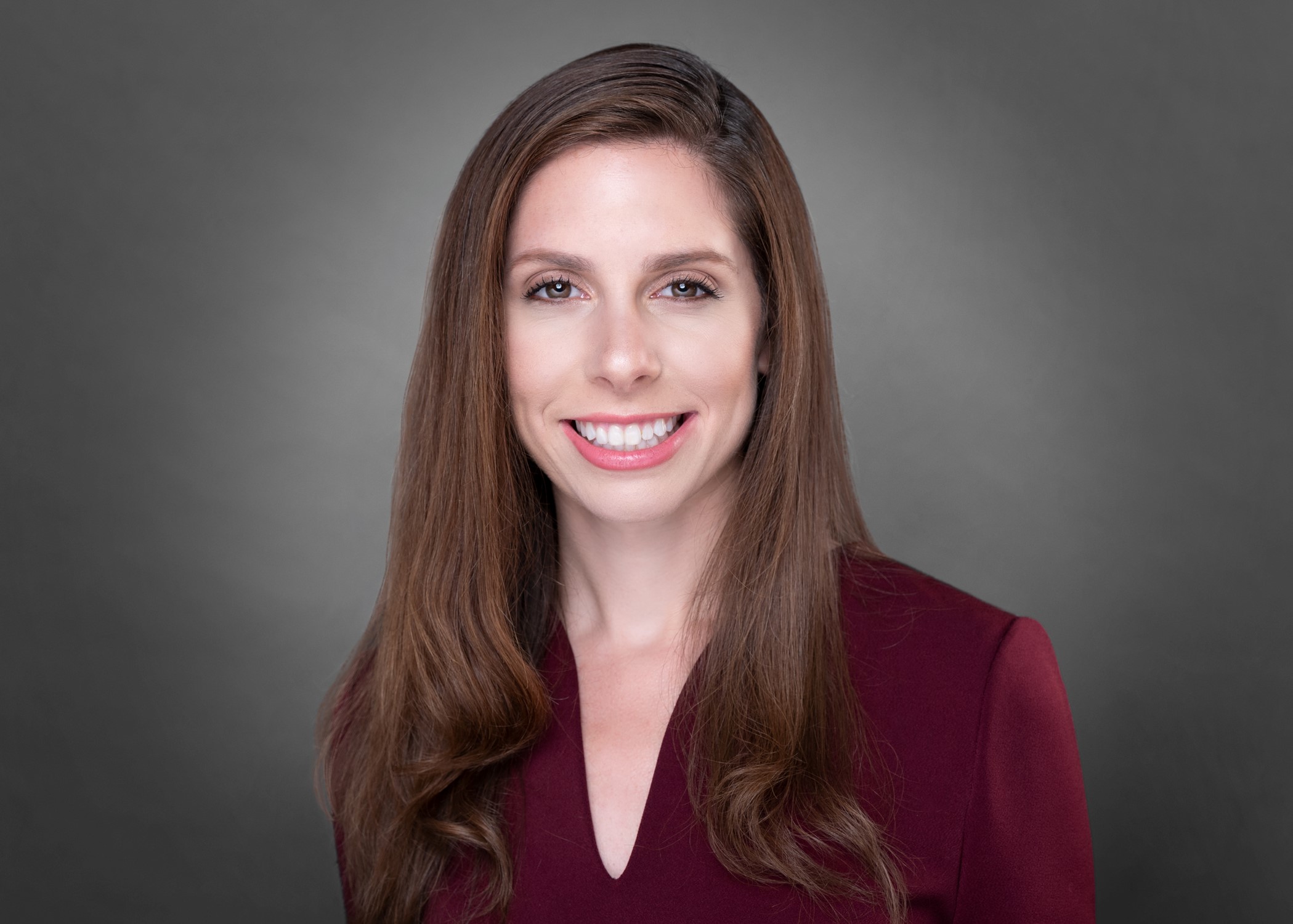When Political Discourse Enters the Workplace
The role that politics should or should not play in the workplace has long been debated, and we are currently seeing a renewed focus on appropriate norms in light of the Israel-Hamas war and Americans’ impassioned feelings on the topic. Many employers find themselves caught in the middle, with employees and executives who feel personally affronted by those with opposing viewpoints.
Since Hamas attacked Israel on October 7, many individuals have felt compelled to use social media or other public platforms to express their views on the conflict, and some have found themselves out of a job as a result. In the most recent high-profile example, NYU Langone hospital terminated Dr. Benjamin Neel from his position as the Director of its cancer center for reposting anti-Hamas messages on social media that included caricatures of Arab people, as well as a message that questioned Hamas’s reporting of the death toll in Gaza. The hospital contended that these public posts violated its code of ethics and social media policy, and that Dr. Neel’s actions could damage the reputation of the hospital. Dr. Neel has filed suit against the hospital, claiming his termination was an attempt to look even-handed in its handling of commentary on the Middle East conflict, after another doctor was terminated for posting a message on social media which was interpreted as a defense of the Hamas attack. Dr. Neel is suing for breach of contract, discrimination based on his religion, and violation of a New York State statute that protects lawful employee activity outside of the workplace.
As employers have increasingly intervened in their employees’ participation in public debates, some have lamented the infringement on individuals’ right to freedom of speech. However, while the First Amendment protects most speech from regulation by the government (with certain exceptions, such as speech that imminently incites violence), it does not apply to the actions of private institutions, such as employers. Thus, while individuals are free to express their views in a peaceful manner without government intervention, they are often surprised to find the same protection does not exist in the workplace.
Employers, of course, are subject to many other regulations with respect to how they may treat their employees. They cannot, for example, discriminate against employees for their membership in certain protected classes. Political affiliation is not a protected class on the federal level, and only a few jurisdictions, such as Washington, DC, protect it at the local level. Some states, such as New York and California, also have protections for employees who engage in lawful off-duty conduct, which includes political activity. The issue becomes most tricky for employers when the employee’s speech is not just affiliated with a political party, but with a particular protected class, such as a Black employee speaking about Black Lives Matter, or a Jewish or Arab employee speaking about the Israel-Hamas war.
In recent years, employers have increasingly adopted codes of conduct that include social media polices prohibiting employees from using such platforms in a manner contrary to the principles of the company. Employers may also include so-called “morals clauses” in employment agreements, stating that an employee can be terminated for cause if their public actions bring reproach upon the company. NYU Langone invoked the violation of such policies in removing Dr. Neel as the head of its cancer center.
In these increasingly polarized times, where many individuals are compelled to use social media and other public platforms to express their political views, the interaction of political speech and the workplace is poised to grow increasingly complex. Employers must toe the line between protected employee activity and protecting corporate reputations. The reactions of the courts and legislatures to claims like Dr. Neel’s, arising out of public reaction to the Israel-Hamas war, will be instructive as the country enters a contentious presidential election year in 2024. Employers must be wary of overstepping boundaries with employees, and employees must be aware that job protection in the face of controversial public speech is not a Constitutional right.
 This article is intended as a general discussion of these issues only and is not to be considered legal advice or relied upon. For more information, please contact RPJ Partner Jill Kahn Marshall, who counsels individuals and corporations in the areas of employment law, litigation and dispute resolution, and healthcare. Ms. Marshall is admitted to practice law in New York and Massachusetts, as well as the District Courts for Massachusetts and the Southern and Eastern Districts of New York.
This article is intended as a general discussion of these issues only and is not to be considered legal advice or relied upon. For more information, please contact RPJ Partner Jill Kahn Marshall, who counsels individuals and corporations in the areas of employment law, litigation and dispute resolution, and healthcare. Ms. Marshall is admitted to practice law in New York and Massachusetts, as well as the District Courts for Massachusetts and the Southern and Eastern Districts of New York.

